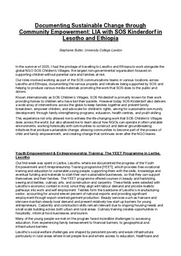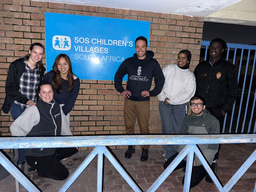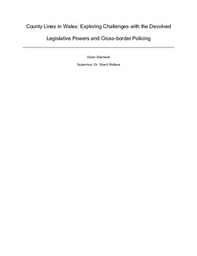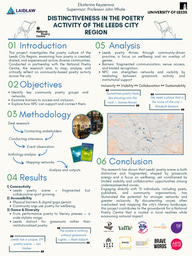Project Outline: Reclaiming Our Narrative: Redefining the Story of the Afghan American Diaspora

Reclaiming Our Narrative: Redefining the Story of the Afghan American Diaspora
Research Supervisor: Sibghatullah Ghaznawi, Associate Research Scholar at the Arnold A. Saltzman Institute of War and Peace Studies, Columbia University
Project Background: My project will be building on my previous research done at Washington University in St. Louis (WashU), where I conducted research about the St. Louis Afghan American community. This summer, I will be concentrating on the Afghan American diaspora in NYC, more specifically in NYC’s Queens area, by connecting with organizations like Women for Afghan Women (WAW) and Afghans For A Better Tomorrow (AFBT). Through these connections, this research project will bring light to the Afghan American diasporic story. In addition to connecting with these community organizations through interviews and oral histories, the project will also include a statistical approach to explore migration to the US from Afghanistan. Such a project will help in bringing an accurate representation of Afghans and the Afghan American diaspora to academia rather than the geopolitically-based statistics mainstream media only focuses on in an effort to reclaim the Afghan-American narrative.
Research Questions:
1.) What is the Afghan-American community like in NYC (Queens, New York)?
2.) What patterns of migration can be drawn from this community?
3.) How does this migration factor into the greater history of the Afghan people?
Objectives: Especially in regard to the recent targeting of the migrant community, this project will address the lack of awareness about Afghan Americans, especially their migration stories. By conducting these oral histories with both Afghan refugees and immigrants and documenting the various migrant stories they share, this project will offer insight into a history that unfortunately remains largely unknown and undiscussed despite the United States’ influence and involvement in Afghanistan for decades. The culmination of this project will result in a research paper and presentation that digs into not only the reasons behind the historical necessity of migration out of Afghanistan but also the current state of the Afghan diaspora in the United States, specifically in NYC and California's Bay Area.
Methodology: As mentioned above, my focus for this first summer of the program will be on NYC’s Afghan American population. After getting IRB certified to do research with human subjects, I will then work on using the snowball technique of sampling to create a sample of those whom I will be interviewing and interacting with within the NYC community. I will start with the Afghan community of Columbia, many of whom are connected with the larger NYC Afghan community. Furthermore, using my previous connections with organizations like Women for Afghan Women (WAW) and Afghans For A Better Tomorrow (AFBT), I will start networking from their connections. However, with these interviews, I will be careful to address questions about traumatic stories in a responsible manner, in addition to taking into consideration people’s legal status, given the recent crackdown against immigrants. I am fluent in Dari/Farsi, so getting stories from Afghan individuals and connecting with members will be much easier. The interviews that I will conduct, around two dozen, will be vital in helping me start building data on Afghan migrant stories and statistics on why Afghans migrated out of the country and to NYC. For general statistics, I will look at the Costs of War Project by Brown University, which I have previously been in contact with, given my research interests. The second part of my project will be more historically based. I hope to start looking into the rich history of Afghanistan, especially since the 1970s. Here, I will rely on my mentor and the scholarship that has been produced about the country to craft a holistic and accurate representation of what happened to the nation to lead to such massive emigration out of it and, ultimately, immigration to countries such as the USA. I hope the interviews and connections I make this summer, in addition to the scholarly research I will conduct on the side, will lead me to develop the very first part of a larger project that is focused on the Afghan American community nationally.





Please sign in
If you are a registered user on Laidlaw Scholars Network, please sign in